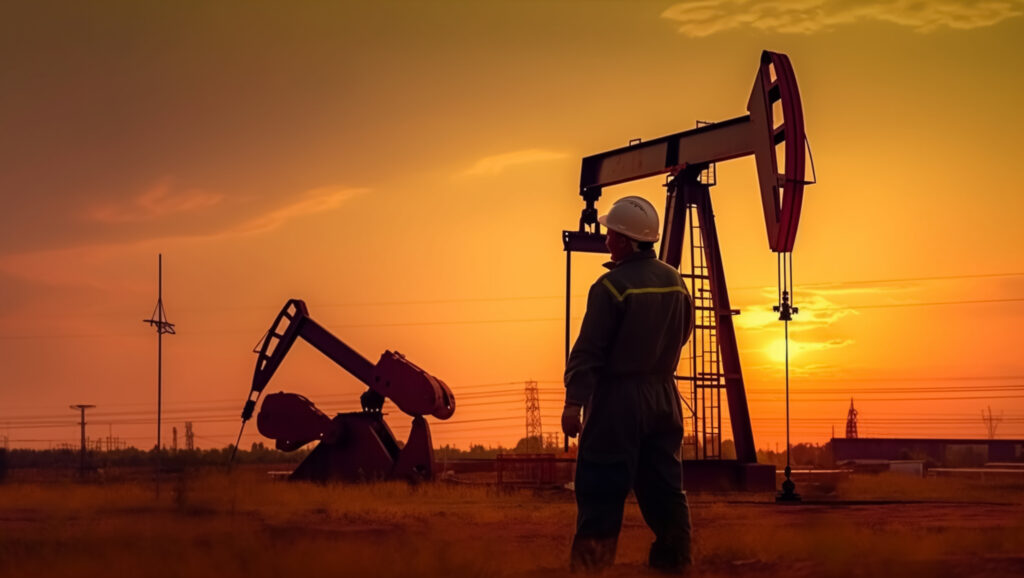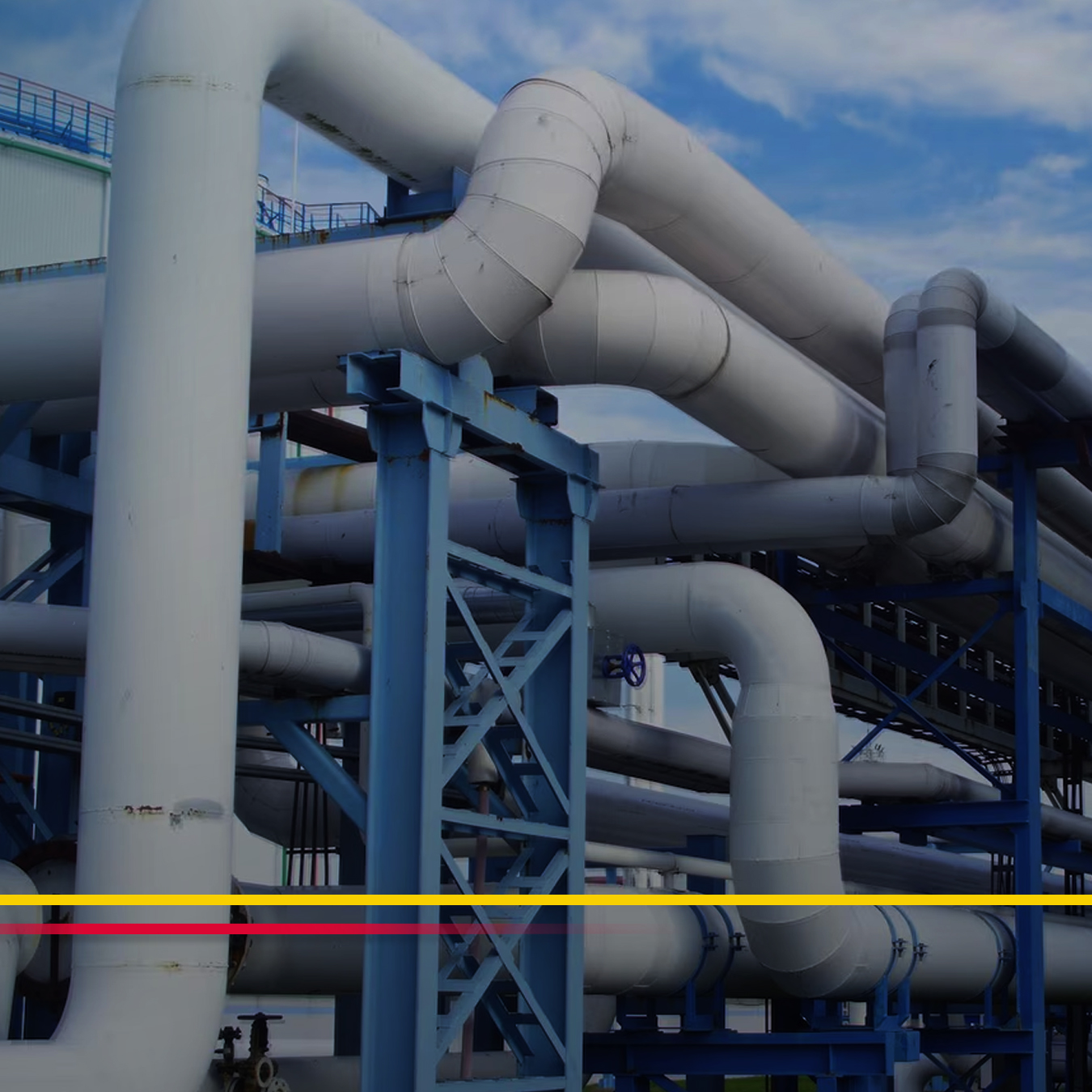The oil and gas industry is transforming with advanced technologies like AI and ML, enhancing efficiency, safety, and innovation. Simultaneously, increased focus on decarbonization and adherence to stringent government policies are reshaping operations. This analysis explores how these technological and environmental shifts are driving the industry’s future.
Technology and Generative AI
The oil and gas sector, like many others, is experiencing a digital transformation that brings new opportunities to optimize operations, boost efficiency, enhance safety, and foster innovation.
Artificial intelligence (AI) and machine learning (ML) are key tools in this transformation, allowing for efficient analysis of large data sets to support predictive maintenance and operational optimization. The adoption of cloud technology and near real-time data integration from the field are critical for improving performance and increasing operational efficiency. Automating traditionally manual processes helps companies cut costs, improve workflows, and make more informed, data-driven decisions.
EY’s research indicates that companies implementing AI engineering best practices will realize three times the value from their AI initiatives compared to those that do not. In 2024, more oil and gas companies will invest in their AI technology to stay competitive and optimize their operations.
“With confident and responsible adoption of AI, oil and gas companies will unlock the full potential of their workforce, significantly impact daily operations, accelerate real-time decision-making, and positively influence the bottom line.” – Bruce On, US-West Region Strategy and Transactions Energy Leader, Ernst & Young LLP
The next major innovation for the industry is generative AI, a technology that has garnered significant attention over the past year. Generative AI can contribute to cost savings through applications in predictive maintenance, enhance process efficiency in supply chain management and data analysis, increase revenue by optimizing exploration of high-yield reserves and improving recovery from existing ones, and drive innovation by enabling rapid testing of new concepts.
Oil and gas companies that successfully integrate AI and generative AI into their operations in 2024 will gain a significant advantage over competitors, not only in productivity but also in achieving carbon emission targets and ESG goals.
Increased Focus on Decarbonization Strategy and Energy Transition
In 2024, oil and gas companies will significantly ramp up their efforts to reduce emissions and implement decarbonization strategies. This shift is largely driven by numerous clean energy policies enacted by governments since 2021, including the Inflation Reduction Act in the U.S. and the proposed European Net-Zero Industry Act.
On December 2, 2023, the U.S. Environmental Protection Agency (EPA) issued a ruling aimed at reducing methane emissions from oil and gas operations through the use of methane detection and reduction technologies, accompanied by financial penalties for non-compliance.
In response to increased governmental pressure, 2024 will see a rise in the electrification of oilfield equipment. Leading oil and gas producers like Oxy, Chevron, and ExxonMobil are already at the forefront of this movement in the Permian Basin due to their recent deals.
Moreover, global oil demand is projected to decline in the long term, while the demand for biofuels is expected to increase by 44% from 2022 to 2027. As a result, refining companies will focus on producing and marketing more low-carbon fuel alternatives to counteract the decline in fossil fuel demand and meet changing consumer and market expectations.
This year, the primary challenge for most oil and gas companies will be balancing the achievement of revenue and profit goals with compliance with new clean energy policies and the implementation of scalable decarbonization strategies.

The oil and gas sector must embrace AI and sustainable practices to stay competitive and compliant. Technological integration will optimize operations and foster innovation, while decarbonization efforts meet regulatory and market demands. Successfully balancing these aspects will define industry leaders in the coming years.
Source of the article’s information: https://www.alpha-sense.com/blog/trends/oil-and-gas-industry-trends/





Comments are closed